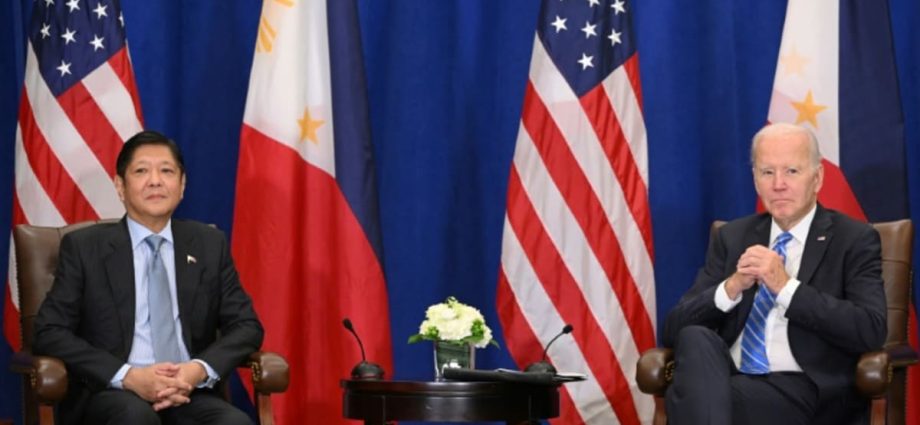
A FRONTLINE STATE IN CASE OF CONFLICT
It is important to note that for the Philippines, hedging vis-a-vis the US and China is viable only during peacetime. In wartime, its autonomy for hedging would be extinguished, given its potential direct involvement in a South China Sea conflict with China or its treaty obligations to Washington as an ally in a Taiwan or South China Sea contingency. In either case, the Philippines would become a frontline state.
The Enhanced Defense Cooperation Agreement expansion will help the Philippines to upgrade its military bases and defence capabilities. It remains to be seen if the expansion will deter China’s future actions in the South China Sea and enhance Manila’s bargaining power vis-a-vis Beijing.
There is a possibility that the risk of Philippine enmeshment in an actual US-China conflict, either in the South China Sea or the Taiwan Strait, would be heightened and cause a fallout in Philippines-China relations.
In retaliation for Manila’s possible role, Beijing could reduce trade, aid and investment flows to deny Marcos Jr the luxury of maximising his country’s economic opportunities with China while pursuing greater security convergence with the US. China’s suspension of dozens of bilateral mechanisms with the US in the wake of former US House speaker Nancy Pelosi’s visit to Taiwan in 2022 demonstrated how broader strategic problems can override progress on diplomatic and technical platforms.
While the Philippines is not a great power, the same could hold true for Philippines-China relationship.
Aaron Jed Rabena is Research Fellow at the Asia-Pacific Pathways to Progress in Manila and a member of the Philippine Council for Foreign Relations (PCFR). This commentary first appeared on the ISEAS-Yusof Ishak Institute blog, Fulcrum.

